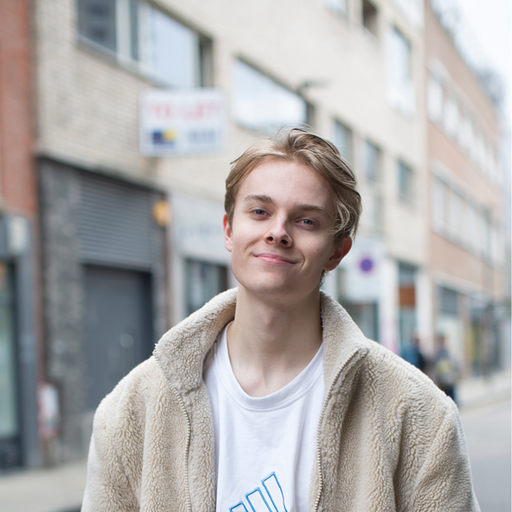
Sebastiaan de Vries is the CTO and co-founder of Limbic, a startup building mental health software for talk therapy.
The London, UK-headquartered company recently launched an AI-based therapy assistant to support clinicians. The healthcare chatbot can triage patients, gather information to inform treatment and also be linked to a human therapist to provide personalised treatment in between sessions.
In the latest Q&A in our series, de Vries explains how tech can help fix “cracks” in the healthcare system, shares the most surprising part of his job and recounts setting up a laser “tattoo shop for objects” at school.
Rob Scammell: Tell us a bit about yourself – how did you end up in your current role?
Sebastiaan de Vries: I dropped out of a business and IT degree to start my own company, Florin, a peer-to-peer payment app that eventually went on to be awarded (as a) best payment app in the Netherlands. After failed acquisition talks, we couldn’t get Florin off the ground and eventually had to sell off our assets. In the end, I wasn’t able to turn a hobby project into something real, but learnt a lot about hiring, design, engineering and product management and wanted to keep using these skills to add value in a more meaningful way.
At 21 years old, I was accepted into the Entrepreneur First programme, one of the youngest people to be accepted. Entrepreneur First is an accelerator that matches co-founders and helps them develop their ideas. There I met Ross Harper, who came from a neuroscience and mathematical modelling background. Together we iterated on a few solutions to create an AI-based approach to mental healthcare and we started Limbic, which is the brainchild of our backgrounds in neuroscience, mathematical modelling and software development.
Where did your interest in tech come from?
I’ve always had an interest in building and creating things. Since I can remember, I used to play with Lego. I also made my own skateboard ramp and snowboard.
When I was in high school, I co-founded my own company, Uncover Lab, the world’s first tattoo shop for objects. Using laser machines, we made future objects unique and allowed people to bring in their own design or create something with our creative team. I co-created the concept, set up the first pop-up store and then went back to finish high school.
After that, I worked as a freelance front-end developer, starting with web development and then eventually moving into mobile.
Which emerging technology do you think holds the most promise once it matures?
I’m biased, but I’d have to say AI and automation. It has the potential to solve some of the biggest problems we are currently facing globally.
How do you separate hype from genuine innovation?
I find this easier than people make it seem. Just ask yourself the question: what problem does this thing solve? And why is that an important problem to solve? If you can come up with an answer that’s both true and good, then usually it’s something genuine.
What one piece of advice would you offer to other CTOs?
Honestly, a bit of a hard question. I’ve never worked with other CTOs before. I spend most of my time figuring out what the single most important thing to work on is, and then make sure it happens as fast as possible. This tends to work out well.
What’s the most surprising thing about your job?
I’ve always enjoyed building new solutions, but I think the most surprising thing is how rewarding it is when you see the impact that the tech can have. We keep track of Limbic’s results in real-time and to see that we’re saving thousands of weeks’ worth of patient wait time and hundreds of clinical admin time (in hours) really makes you feel like you’re making a difference to people’s lives.
What’s the biggest technological challenge facing humanity?
Ensuring everyone has access to innovative technology. There’s a huge tech gap in lesser developed countries, which means they’re often excluded from innovation.
What’s the strangest thing you’ve ever done for fun?
I suppose “strange” has a very culturally defined meaning, though while I don’t feel any particular way about the monarchy, once a year I dress up in orange and celebrate the birthday of the Dutch King. I suppose that’s quite odd. But also fun.
What’s the most important thing happening in your field at the moment?
The pandemic has exacerbated the need for mental healthcare globally. One of the biggest challenges we’re facing is how to deal with the increasing number of patients entering mental health services, particularly when we have a global shortage of clinicians.
On the flip side, the pandemic has also completely changed the way that healthcare organisations run and the adoption of new technologies has been faster than ever. Covid has shown us where the cracks in the system are, so from an innovation point of view, it’s an exciting time as the industry is completely open to change.
In another life, you’d be?
Probably the founder of a cryptocurrency.







